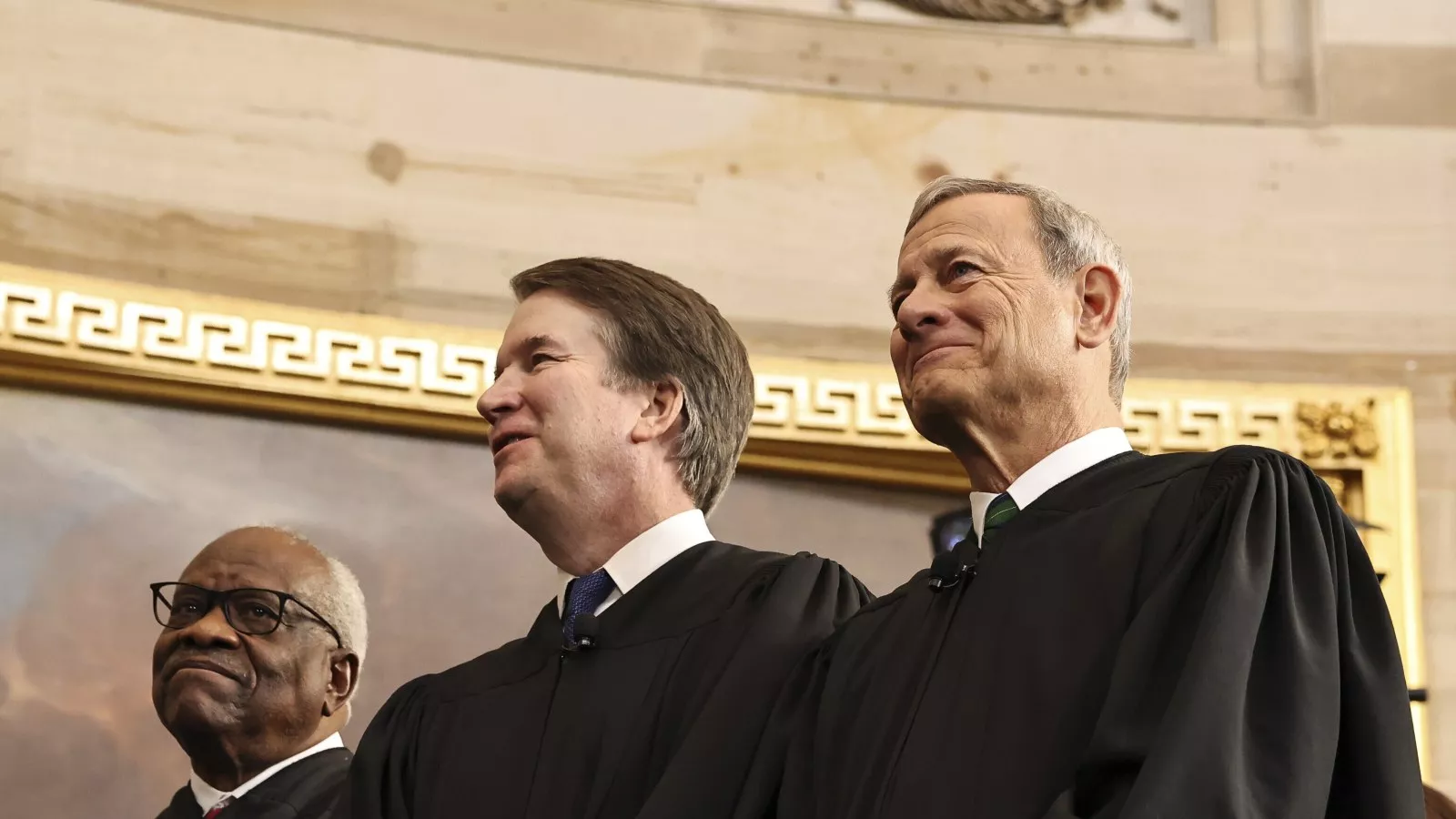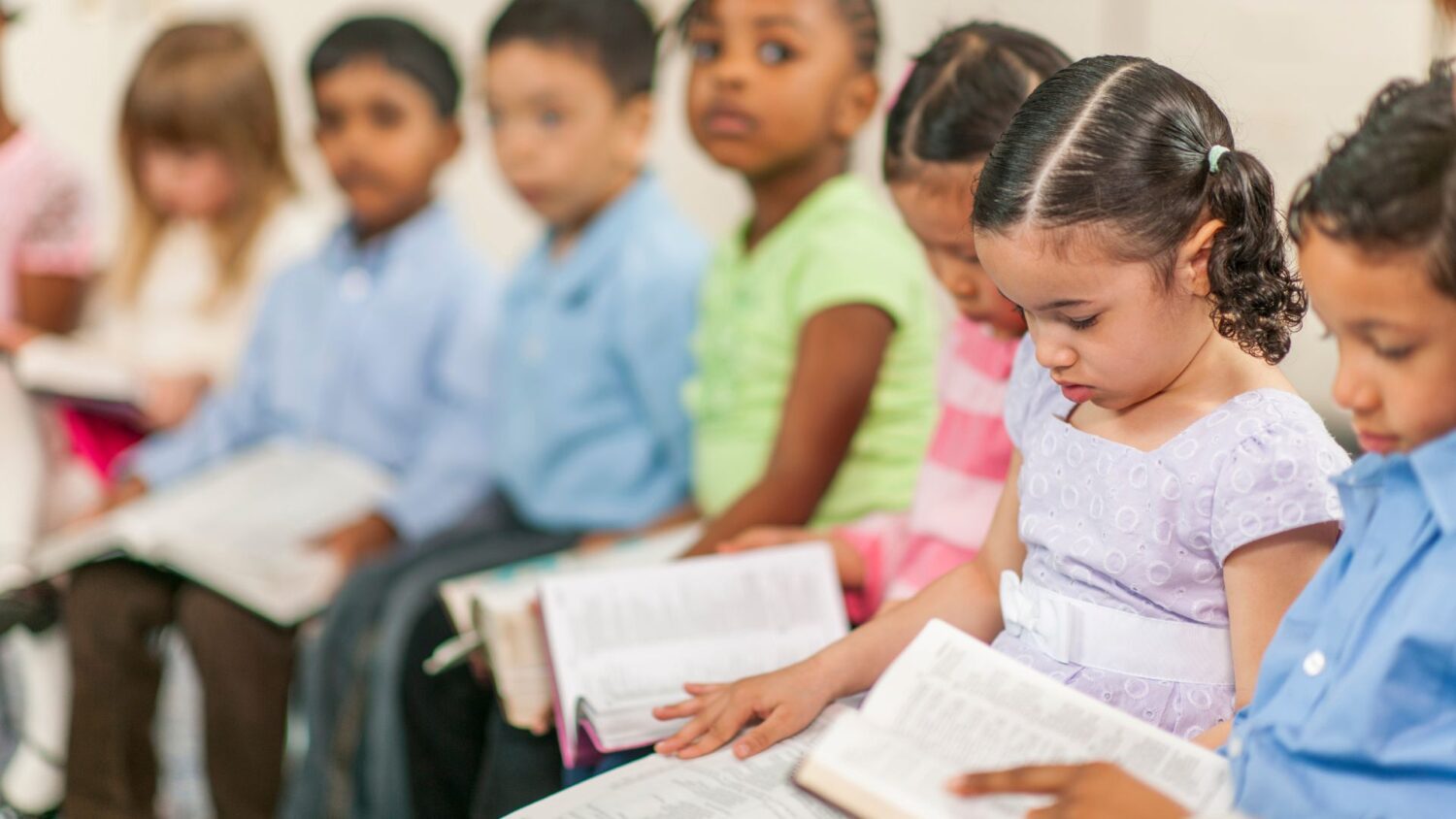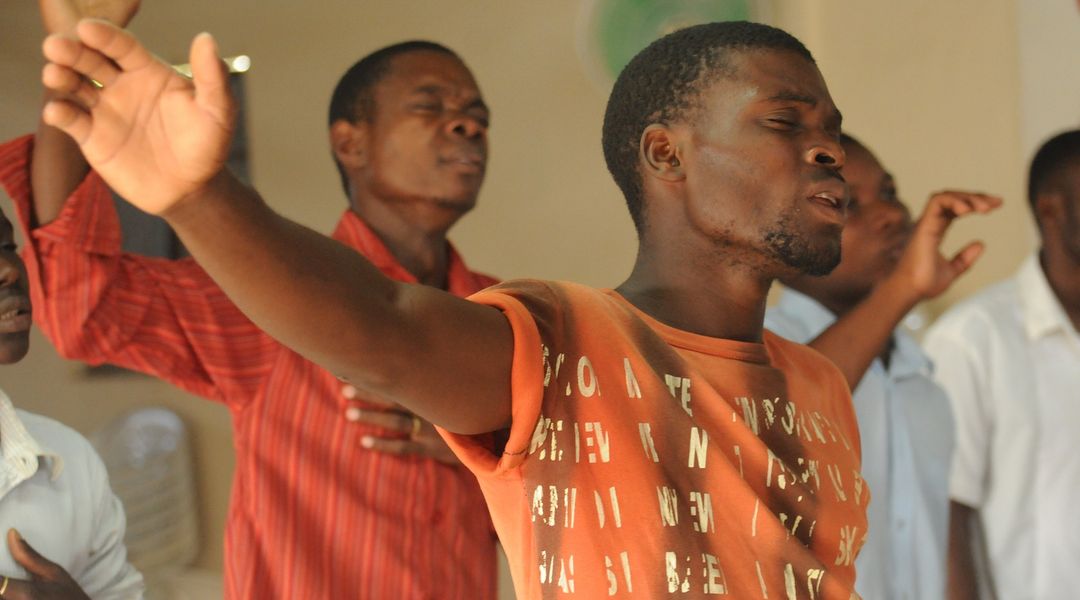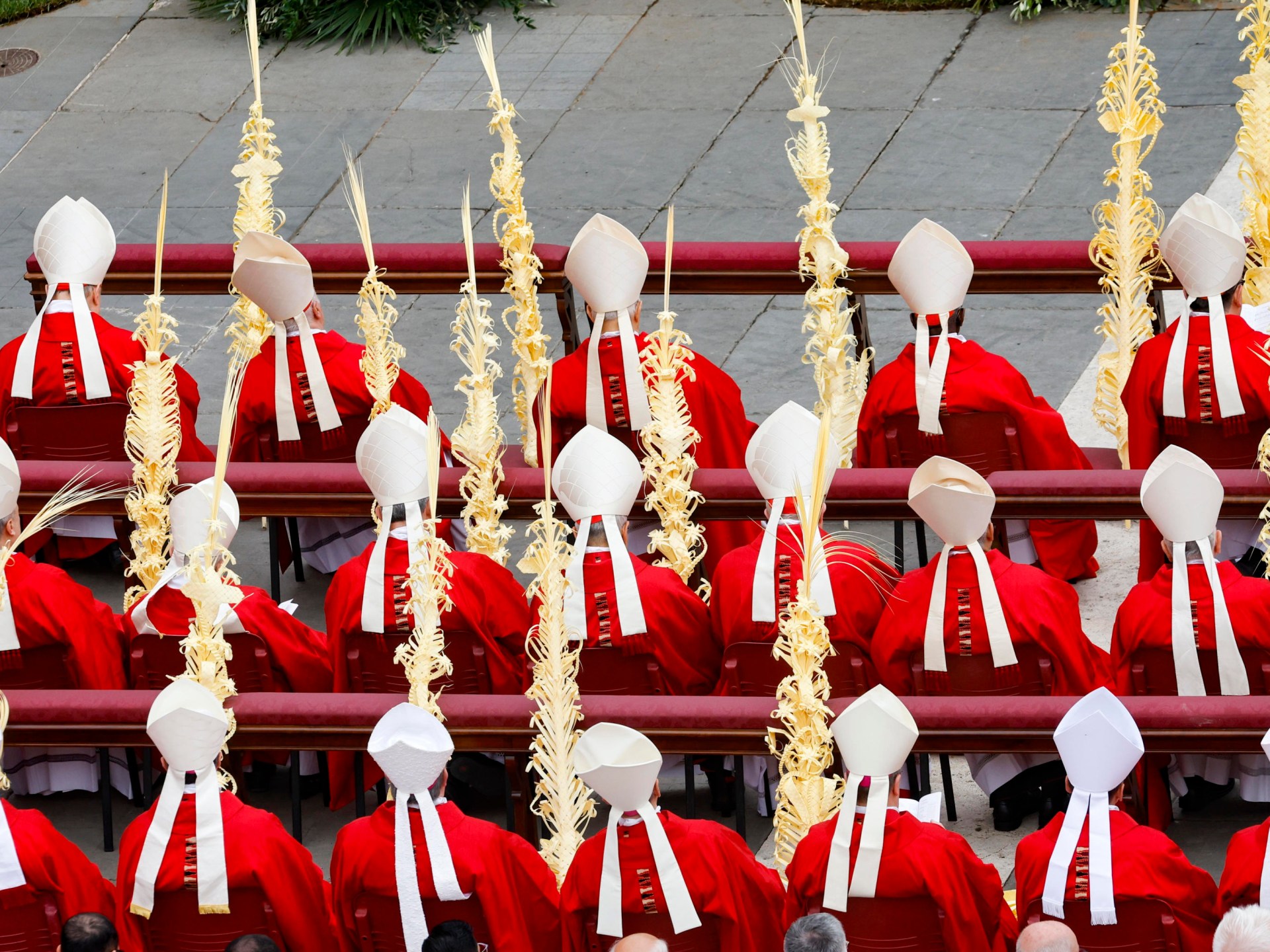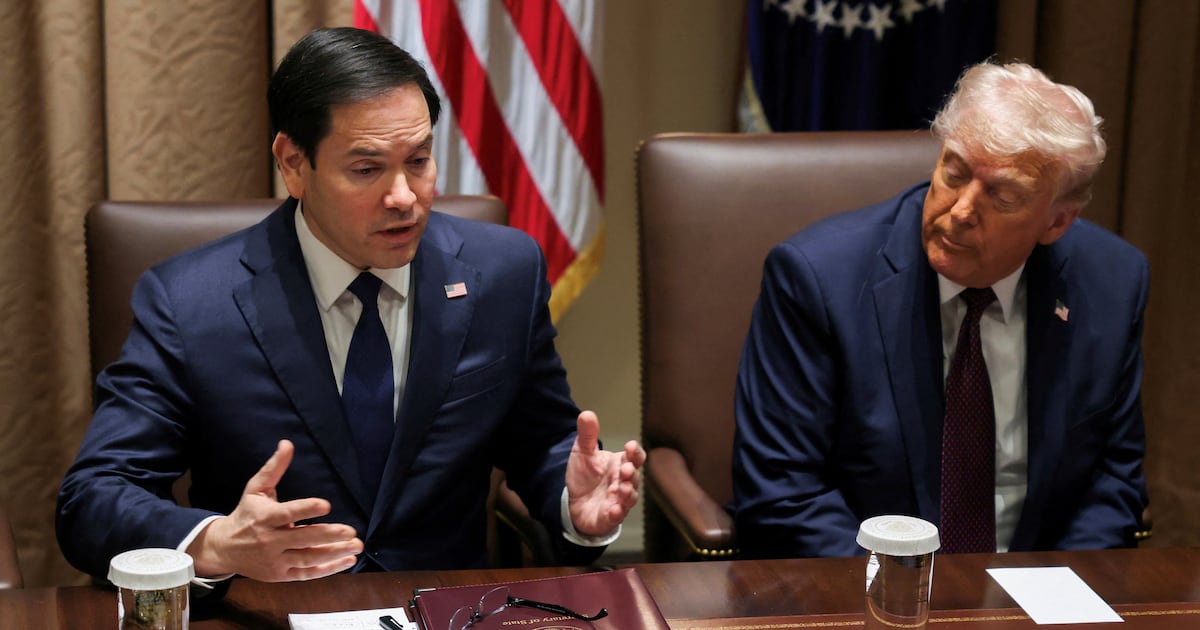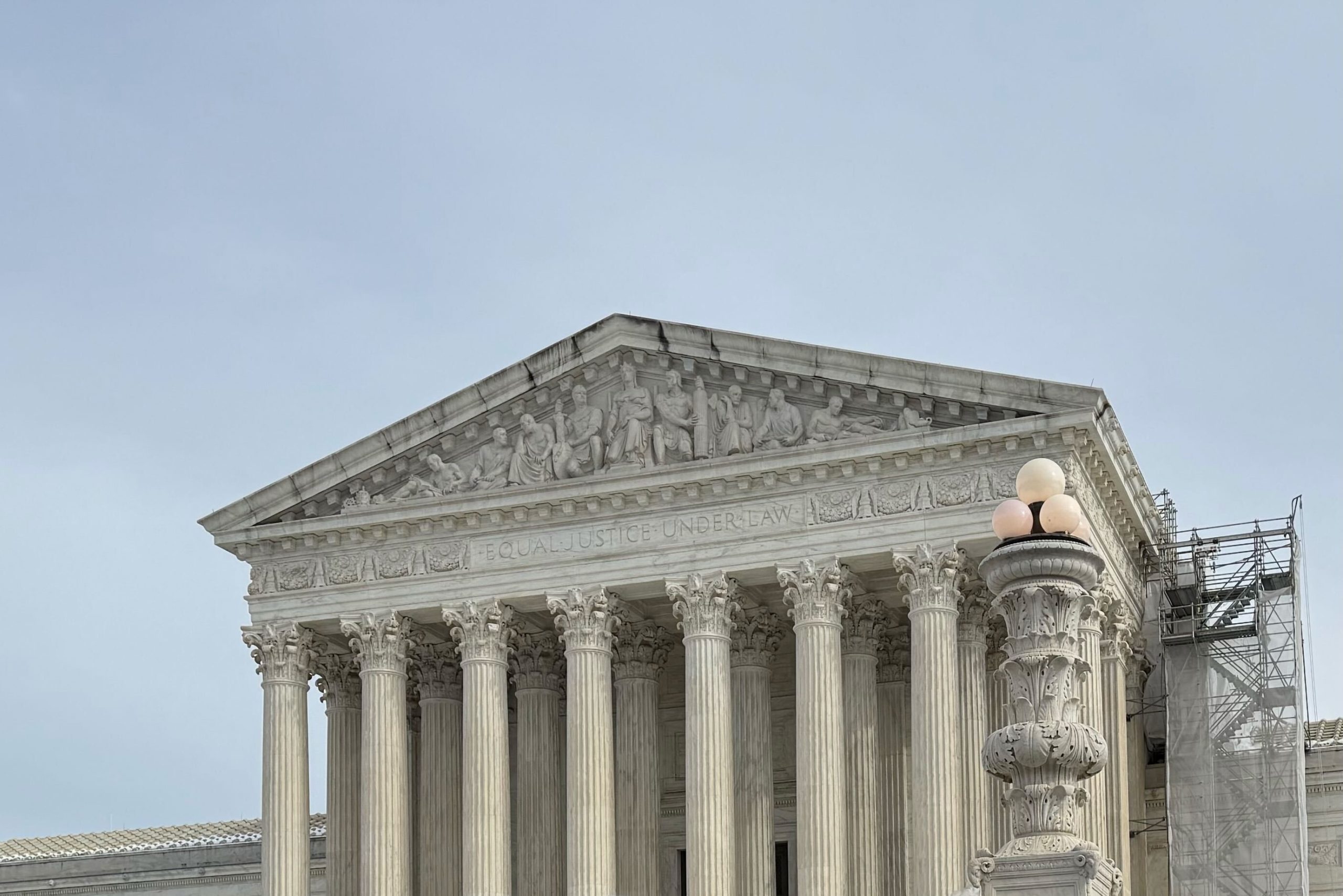Bible in Classrooms: Idaho's Controversial Bill Sparks Nationwide Uproar Over School Religious Instruction
Religion
2025-03-19 14:30:00Content

Controversy Erupts Over Idaho's Proposed Bible Reading Bill in Public Schools
A proposed legislative measure in Idaho, House Bill 162, is igniting a fierce national debate about religious education in public schools. The controversial bill, championed by conservative lawmakers, would require daily Bible readings in public school classrooms, challenging the traditional boundaries between church and state.
The proposed legislation has quickly become a lightning rod for passionate discussions across the country, drawing both strong support from religious conservatives and vehement opposition from civil liberties advocates. Supporters argue that the bill promotes traditional values and provides moral guidance, while critics contend that it blatantly violates the constitutional separation of church and state.
Conservative groups have rallied behind the bill, viewing it as an opportunity to reintroduce religious principles into public education. However, educational experts and constitutional lawyers warn that the proposed mandate could face significant legal challenges and potentially lead to costly litigation.
As the bill continues to generate heated debate, it remains unclear whether it will successfully navigate the legislative process or become law. The outcome could have far-reaching implications for educational policy and religious freedom in Idaho and potentially across the United States.
Bible in Classrooms: The Controversial Educational Legislation Dividing Idaho
In the heart of America's educational landscape, a provocative legislative proposal has emerged that threatens to fundamentally reshape the boundaries between religious expression and public education, sparking intense national debate about the separation of church and state.Religious Education Policy Ignites Nationwide Controversy
Legislative Background and Constitutional Implications
The proposed House Bill 162 in Idaho represents a significant challenge to established educational norms, seeking to mandate daily biblical readings within public school environments. Conservative legislators argue that this legislation represents a critical restoration of traditional values, while constitutional experts warn of potential legal challenges that could undermine the fundamental principles of secular education. Constitutional scholars have extensively analyzed the proposed bill, highlighting the complex legal terrain surrounding religious instruction in public institutions. The legislation raises profound questions about First Amendment protections, potentially setting a precedent that could reverberate through educational systems nationwide.Political and Social Dynamics of Religious Education
The proposed bill reflects deeper cultural tensions within American society, where conservative political movements increasingly seek to integrate religious perspectives into public institutions. Supporters argue that biblical readings could provide moral guidance and cultural context, while opponents view the mandate as a direct violation of constitutional principles of religious neutrality. Educational policy experts have raised significant concerns about the potential psychological and social impacts of mandatory religious instruction. The proposed legislation could create divisive classroom environments, potentially marginalizing students from diverse religious backgrounds or those who do not adhere to specific biblical interpretations.Conservative Movement and Educational Policy
Conservative political groups have strategically positioned this legislation as part of a broader movement to reassert traditional values within educational frameworks. By championing biblical readings, these organizations aim to challenge what they perceive as increasing secularization of public institutions. The strategic mobilization behind House Bill 162 demonstrates a sophisticated approach to cultural and political advocacy, utilizing legislative mechanisms to advance specific ideological objectives. This approach reflects a broader trend of conservative political engagement with educational policy at state levels.Legal and Constitutional Challenges
Legal experts anticipate significant constitutional challenges if the bill advances. Previous Supreme Court decisions have consistently emphasized the importance of maintaining a clear separation between religious instruction and public education, suggesting potential judicial obstacles to the proposed legislation. The potential legal battle surrounding House Bill 162 could become a landmark case in determining the boundaries of religious expression within public educational settings. Constitutional litigators are closely monitoring the bill's progression, preparing potential strategies for challenging its implementation.Community and Educational Stakeholder Perspectives
Local educational communities in Idaho have expressed diverse and often conflicting perspectives on the proposed legislation. Teachers' unions, school administrators, and parent associations have engaged in robust discussions about the potential implications of mandatory biblical readings. The proposed bill has created unprecedented dialogue about the role of religious instruction in contemporary educational environments, challenging long-established norms of secular public education. Community forums and public hearings have become critical platforms for exploring the multifaceted dimensions of this controversial proposal.National Implications and Future Outlook
House Bill 162 represents more than a localized legislative effort; it symbolizes broader national conversations about religious expression, educational policy, and constitutional interpretation. The outcome of this proposed legislation could potentially influence similar initiatives in other states, making it a critical test case for conservative educational reform strategies. The ongoing debate surrounding the bill underscores the complex intersection of religious beliefs, educational policy, and constitutional principles in contemporary American society. As the legislative process unfolds, stakeholders from diverse backgrounds continue to engage in passionate and nuanced discussions about the future of public education.RELATED NEWS
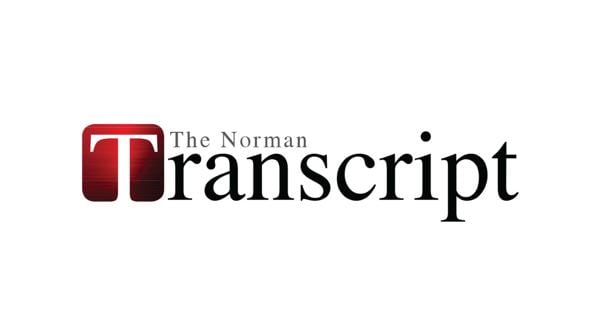
Endangered Sanctuaries: Syria's Ancient Churches Face Mounting Religious Persecution

Faith on Trial: Catholic Educators Challenge Bias in Landmark Supreme Court Showdown
